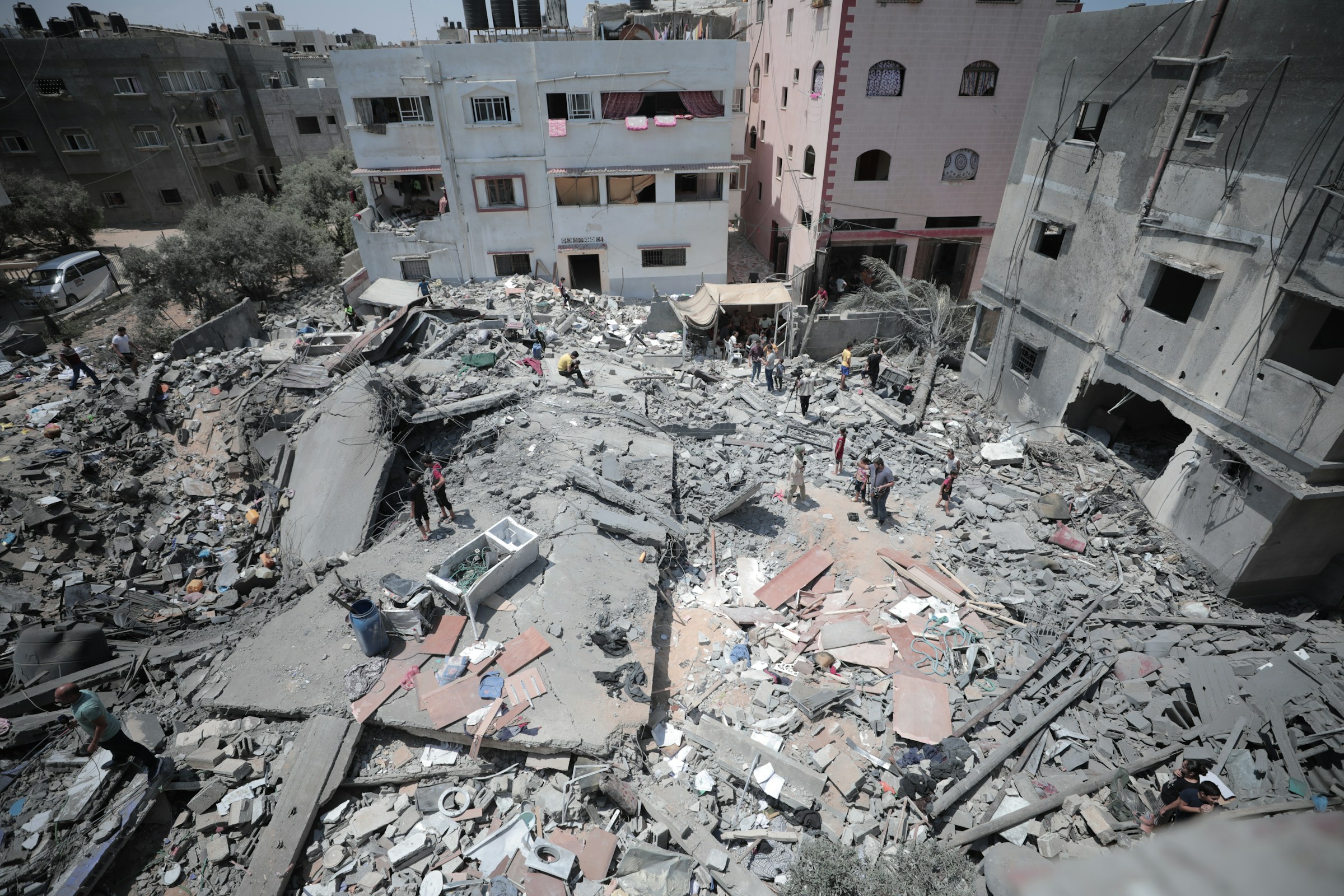What happens when your logistics hub becomes a target? Not just a metaphorical one—an actual target. That’s now the reality for the World Health Organization (WHO) in Gaza, where Israeli air strikes hit both the WHO staff residence and its central warehouse in Deir al-Balah on Monday. The damage wasn't just structural. It was systemic. And if you think this doesn’t change the operational math, you’re reading the conflict too narrowly.
Let’s decode the platform mechanics behind this moment.
Before this, WHO’s infrastructure—like many UN-led humanitarian efforts—functioned under a default clause of neutrality. That doesn't mean untouchable, but it does mean internationally recognized as “low-value” targets in military calculus. Safe zones. Coordination nodes. The plumbing of crisis logistics.
That’s now void. The Deir al-Balah strike, which damaged a residence and a warehouse used to support medical supply lines, effectively breaks that clause. Not through explicit denouncement, but through action. Once a logistics hub becomes a viable strike candidate, neutrality collapses not symbolically but structurally. Humanitarian orgs now have to operate as if their comms, shelter, and supply chains will be contested—at any time.
This isn’t a PR disaster. It’s a platform collapse.
The WHO didn’t just lose a warehouse. It lost network certainty. That means every single secondary partner—whether it’s the Red Cross, a regional logistics subcontractor, or a sovereign donor—has to now price in new risk premiums.
Warehouses need to move. Routing protocols need to shift. Supply lead times expand, and medical logistics switch from bulk resupply to edge-case improvisation. The entire coordination chain becomes less programmatic and more reactive. That kills throughput. It also destroys the scaling logic that humanitarian aid runs on: pre-positioning, shared caching, fixed inventory zones.
In startup terms: the system just shifted from cloud to edge without a roadmap.
This happens in the middle of an already exhausted donor and operational environment. Most humanitarian systems in Gaza weren’t operating at full capacity—they were already degraded. Funding bottlenecks. Fuel interruptions. Political pressure over who gets aid. And now, the most basic precondition for movement—operational security—has been nullified.
You can’t just “rebuild” a logistics hub in a war zone. You can’t even insure it. And with over a dozen people killed in Israeli shelling at a displacement camp in western Gaza within hours of the WHO hit, the compound fragility becomes even more explicit. Aid isn't just constrained—it’s fragmented. And when aid fragments, coordination costs spike, delivery slows, and coverage shrinks.
This is when humanitarian logistics stops being humanitarian. It becomes a form of geopolitical asset management.
The real loss isn’t physical. It’s directional. If humanitarian agencies can no longer rely on internationally agreed operational corridors—or if those corridors can be revoked or violated without consequence—then the very mechanism of multilateral aid response weakens.
NGOs, UN branches, and subcontractors rely on shared information networks, mutual guarantees, and tacit coordination. That’s what lets a vaccine shipment from Dubai sync with a cold chain in Rafah. But that infrastructure isn’t digital. It’s trust-based. It’s protocol built on credibility.
Take that away, and what remains is chaos layered with hesitation. That’s how lives are lost—not in the moment of impact, but in the cascading slowdown that follows. If you’re thinking, “this is war, not business,” think again. Systems logic applies here—painfully.
When your operational hub becomes contestable, every assumption built on it fails. And that has relevance whether you’re running a cross-border ecommerce network, a healthcare referral system, or a payments infrastructure. What happens if your stack’s stable node becomes unstable? If your fallback plan is no longer reliable? Most systems aren’t designed to operate in volatility—they’re designed to avoid it. The humanitarian sector just lost its redundancy. How would your system hold up?
What the WHO warehouse attack reveals is a deeper reclassification of humanitarian infrastructure. It’s no longer “off-limits.” It’s now a signal node in the legitimacy war. Every strike, every denial of access, every targeted hit becomes a message—not just to the adversary, but to the entire institutional architecture built on post-war humanitarian norms.
And once legitimacy becomes the target, infrastructure won’t save you. Only leverage will.
The implication is brutal: in today’s asymmetric conflicts, aid corridors and medical hubs aren’t protected by international law—they’re protected by who holds narrative dominance. If a military power can reshape the narrative around what constitutes a “legitimate” target, it can systematically dismantle the soft infrastructure of global cooperation without formal declaration. The system breaks not through collapse, but through erosion—of norms, of trust, of coordination. And when the signal overrides the structure, aid becomes just another contested asset on the map.













-7.jpg&w=3840&q=75)
.jpg&w=3840&q=75)